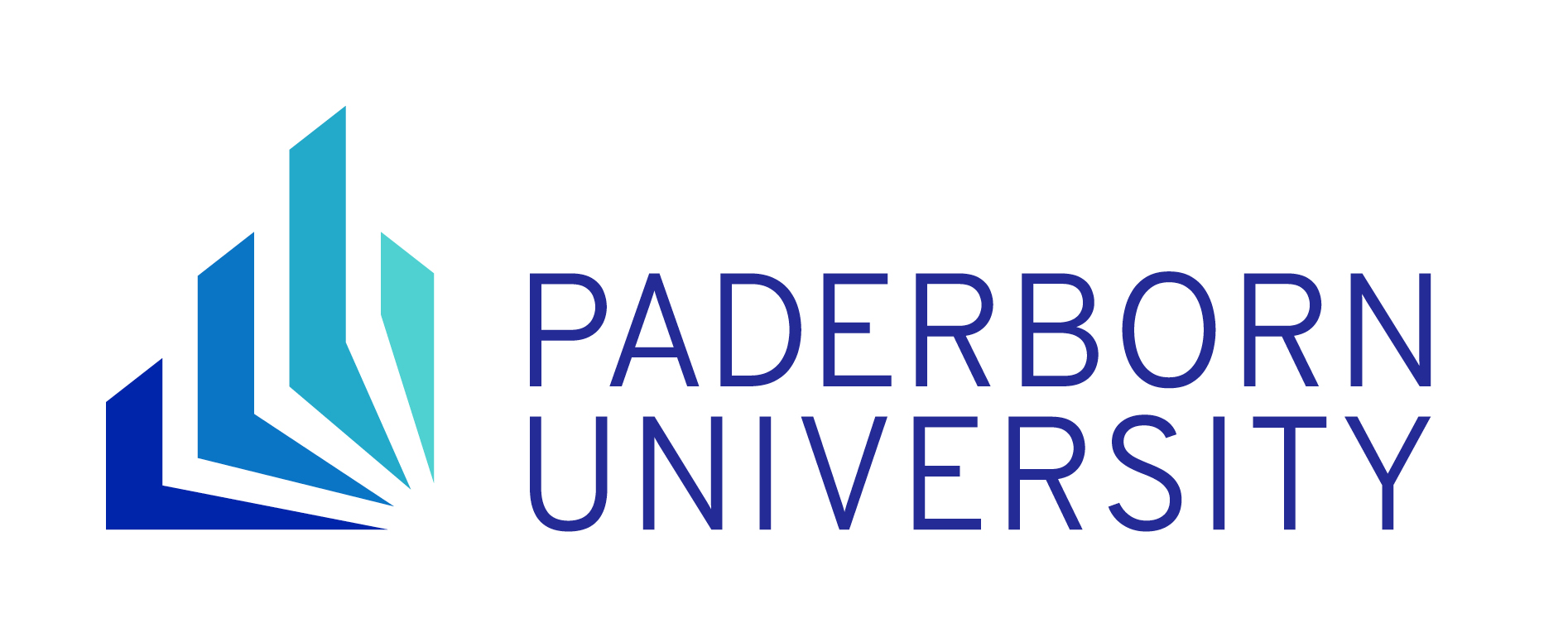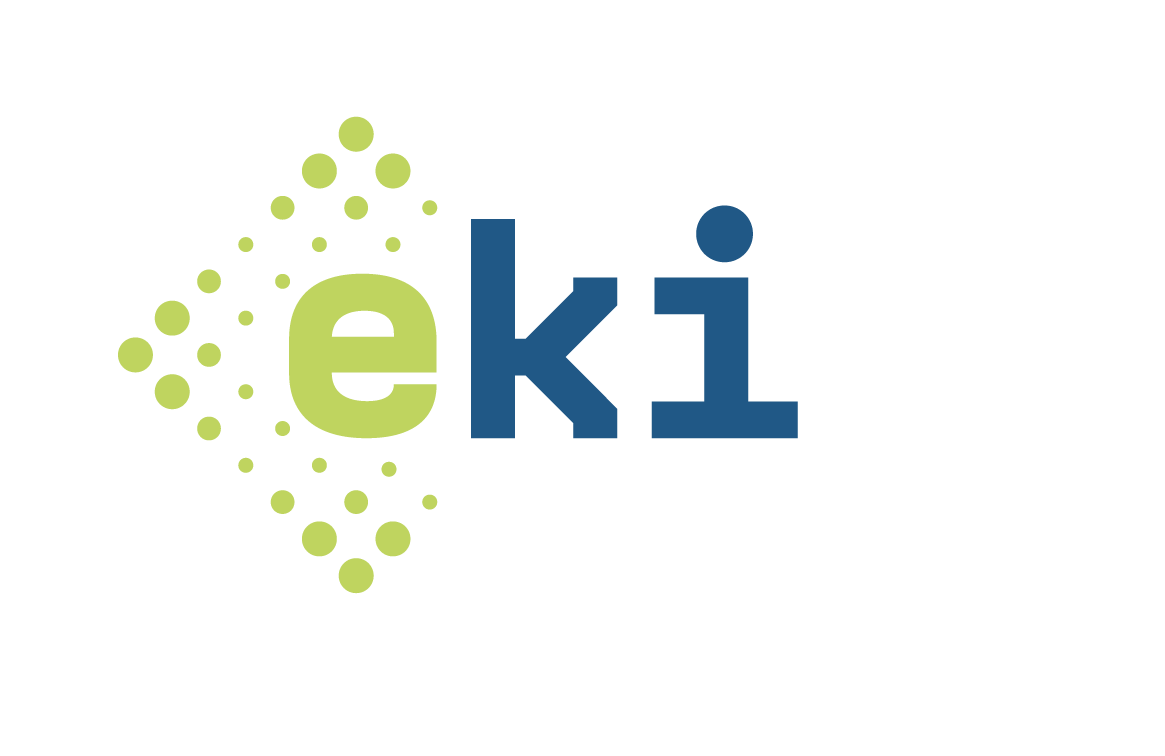FINN+ is a fork of FINN, an experimental framework from the Integrated Communications and AI Lab of AMD Research & Advanced Development to explore deep neural network inference on FPGAs. It specifically targets quantized neural networks, with emphasis on generating dataflow-style architectures customized for each network. The resulting FPGA accelerators are highly efficient and can yield high throughput and low latency. The framework is fully open-source in order to give a higher degree of flexibility, and is intended to enable neural network research spanning several layers of the software/hardware abstraction stack.
To get an overview of how FINN+ is used, take a look at the Getting Started section below!
While our Wiki is under construction, we refer to the original FINN homepage for further information.
FINN+ aims to incorporate all development from the upstream repository (dev branch) while extending FINN in all directions, including the following list of features that are either in progress or already completed:
- Transformer/Attention support
- Improved streamlining
- Improved automatic folding and FIFO-sizing
- Empirical quality-of-result (QoR) estimation
- Back-end extensions
- Instrumentation for accurate performance profiling in simulation and on hardware
- Improved Alveo build flow
- Multi-FPGA support
- Optimized C++ driver
- Quality-of-live improvements
- Better logging and error handling
- Type hinting/checking
- Alternative YAML-based build configuration
- Containerless setup
Please refer to our Feature Tracker for the current status of individual features. While some items are already on-track to be merged into the upstream repository, we try to merge them into the FINN+ dev branch as early as possible to increase development pace and drive our research forward.
This is a quick overview of how to get started, for additional information please refer to our Wiki!
The primary dependencies currently are:
- Python >= 3.10 (< 3.12)
- Vivado, Vitis, Vitis HLS (2022.2 or 2024.2)
- Some basic system-level packages, refer to the dependency installation script
After preparing the dependencies mentioned above, simply run the following to start a build flow:
# Make sure to create a fresh virtual environment for FINN+
pip install finn-plus # Install FINN+ and its Python dependencies via pip
finn deps update # Ensure FINN+ pulled all further dependencies (this might update packages in your venv!)
finn build build_config.yaml # Run a FINN+ build defined in a YAML file
To install directly from the repository, you'll need Poetry (>= 2.0) for dependency management. After cloning the repo and setting up the system-level dependencies, run the following to start a build flow:
cd finn-plus
poetry install # Install Python packages into a Poetry-managed virtual environment
source <your-poetry-venv> # Use "poetry env info" to find the path to your Poetry venv. For further information visit the Poetry documentation
finn config create # Create a default configuration in ~/.finn/settings.yaml. Optional but recommended
finn deps update # Ensure FINN+ pulled all further dependencies (this might update packages in your venv!)
finn build build_config.yaml # Run a FINN+ build defined in a YAML file
FINN+ is maintained by researchers from the Computer Engineering Group (CEG) and Paderborn Center for Parallel Computing (PC²) at Paderborn University, Germany as part of the eki research project.




